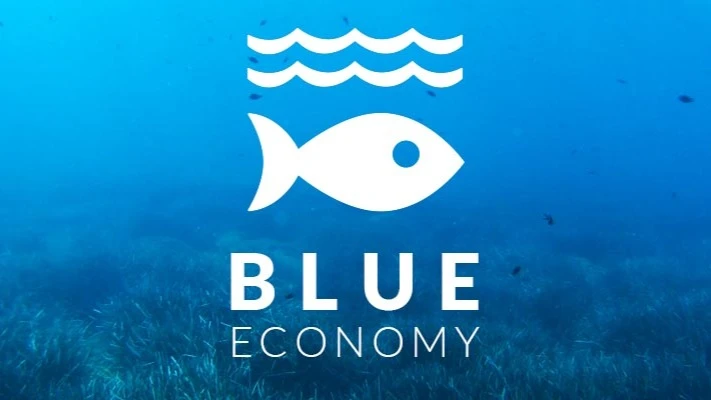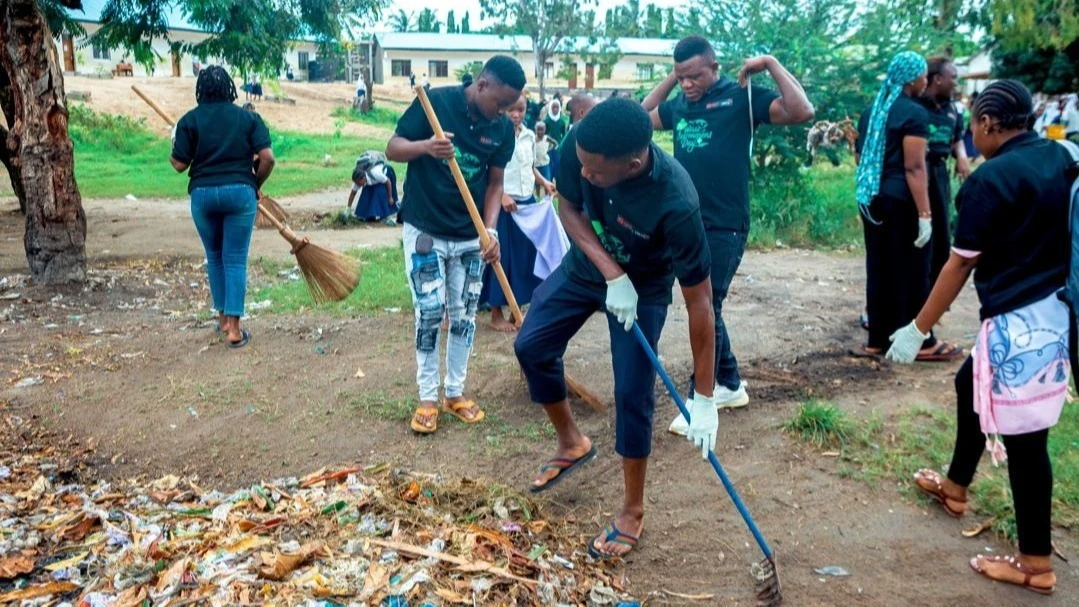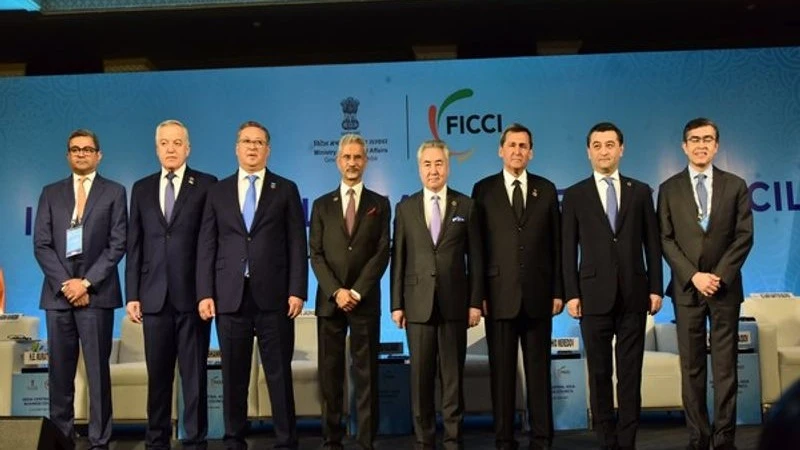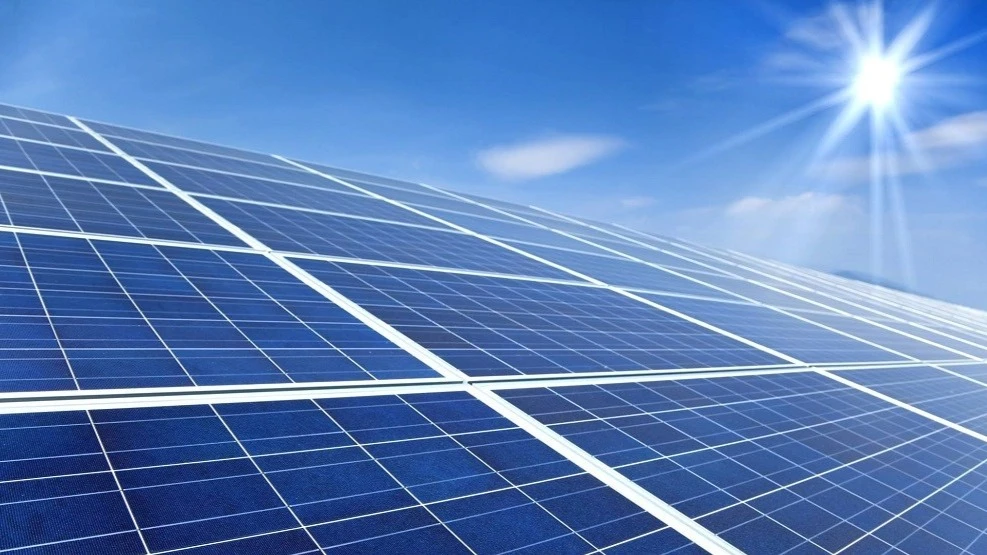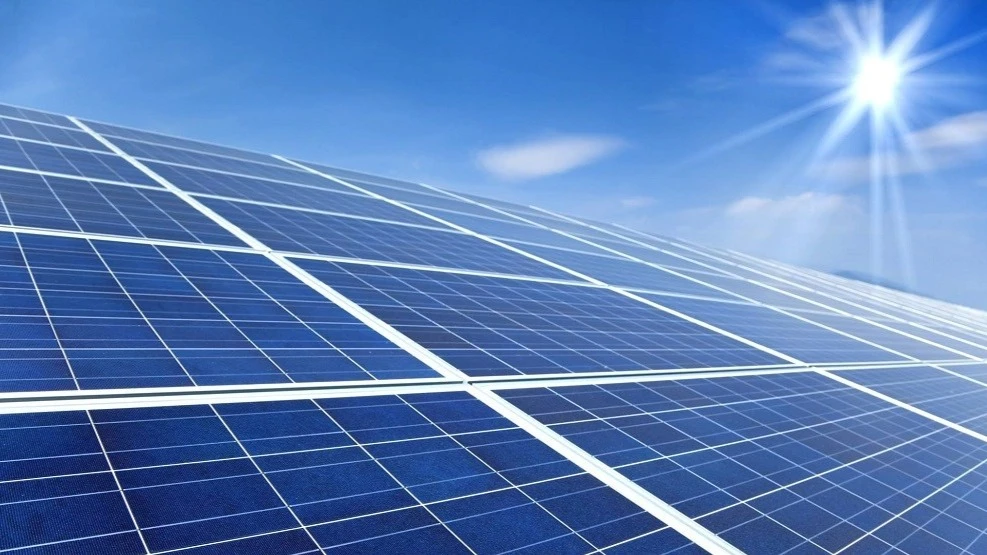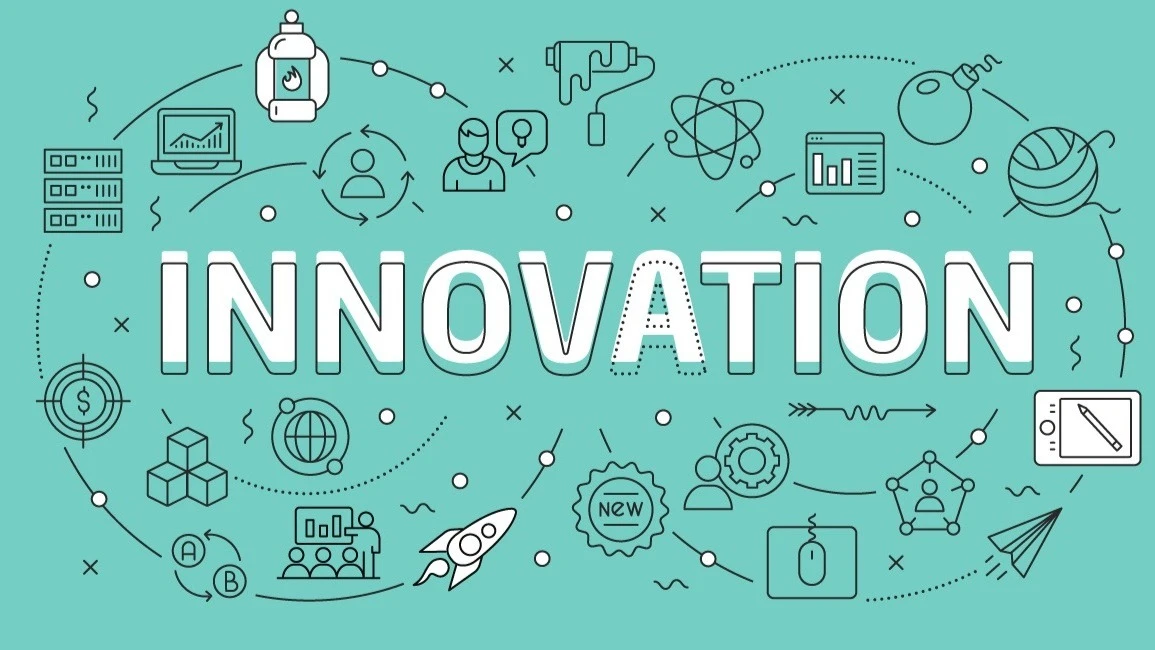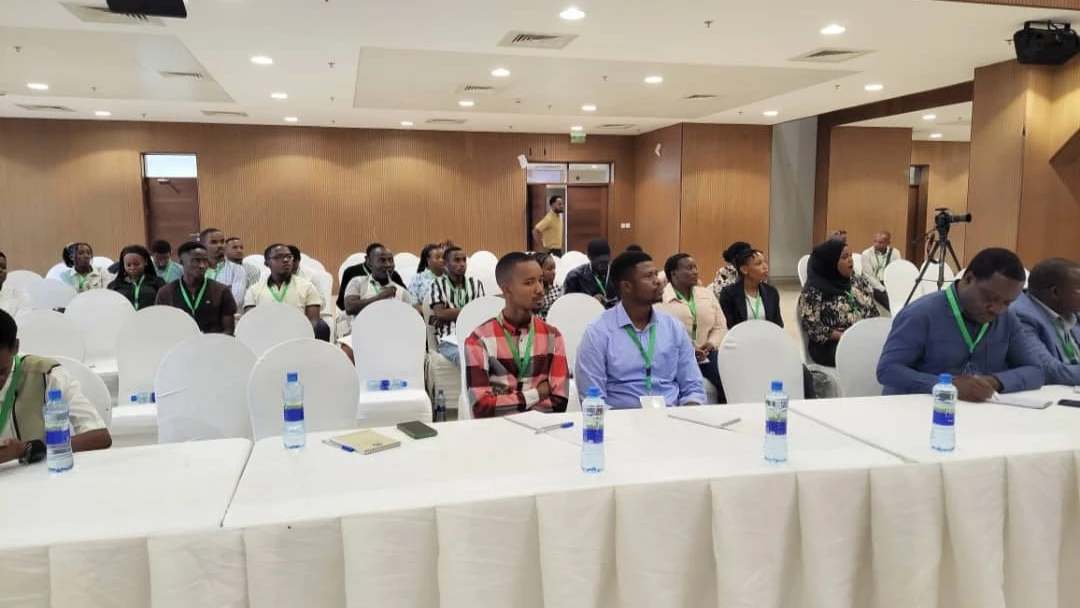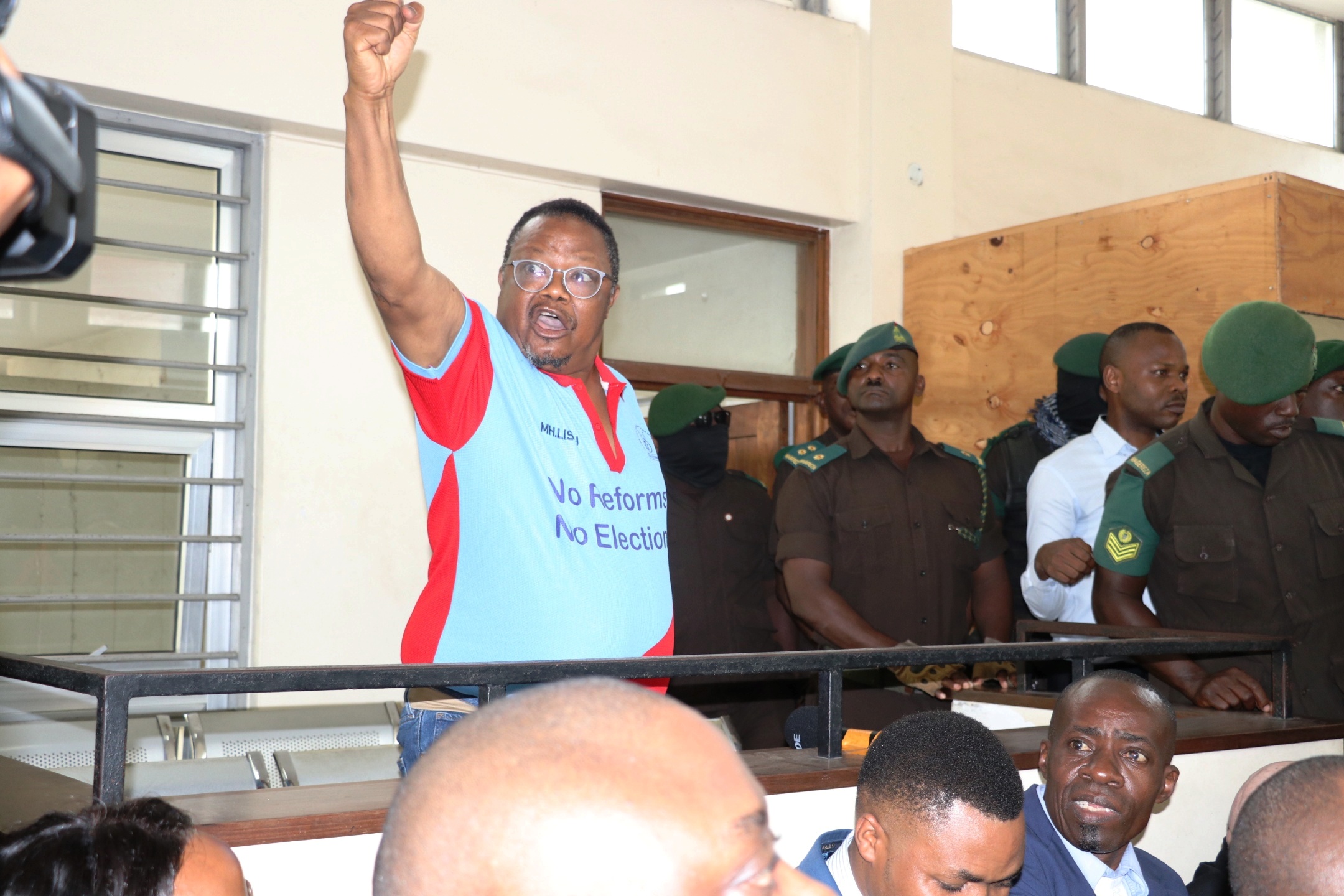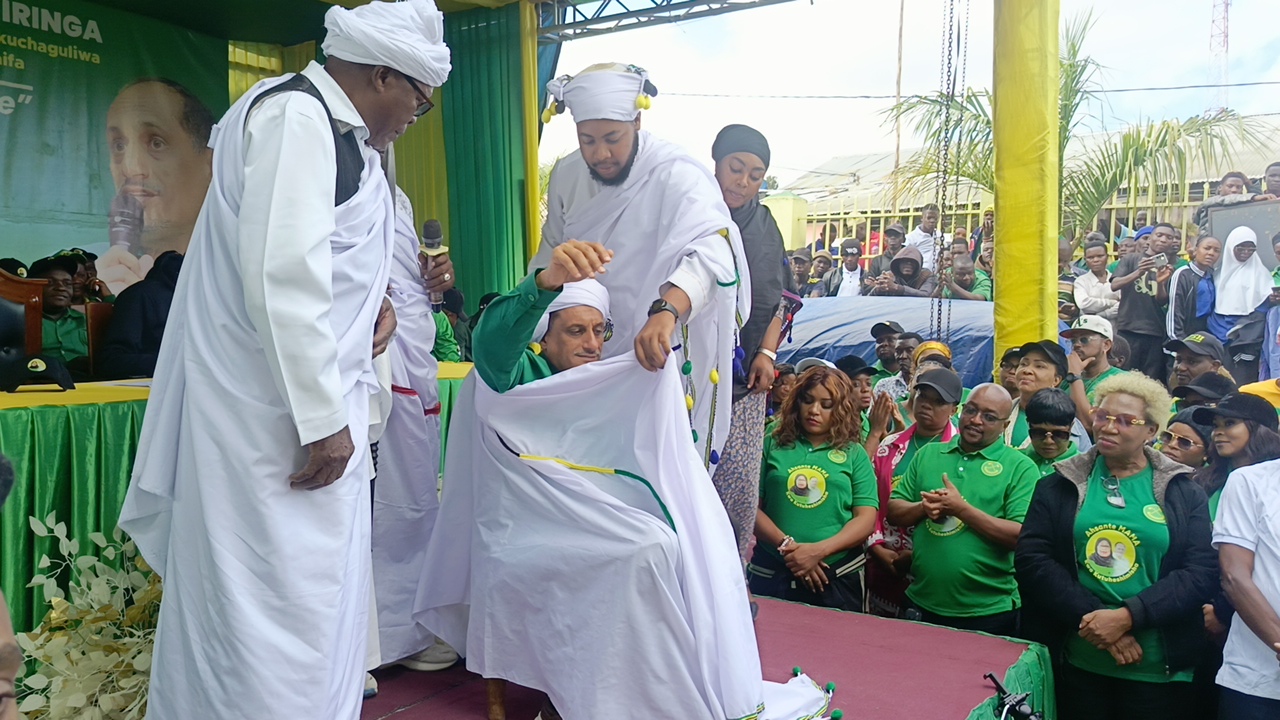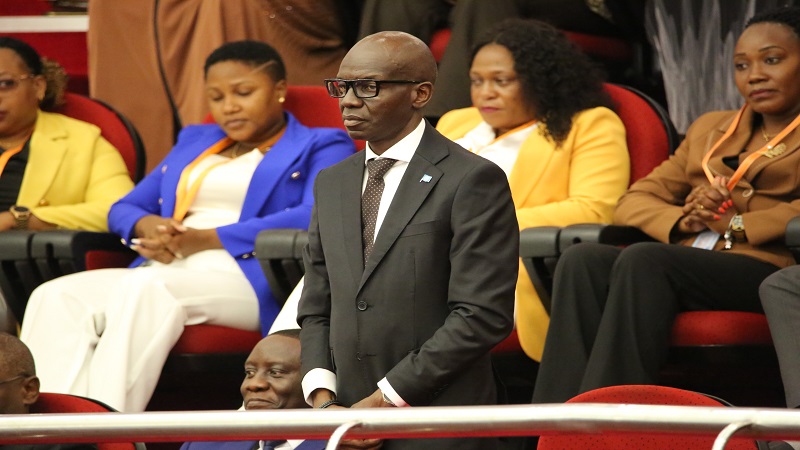Minister for clean energy alternatives to shield human health, environment
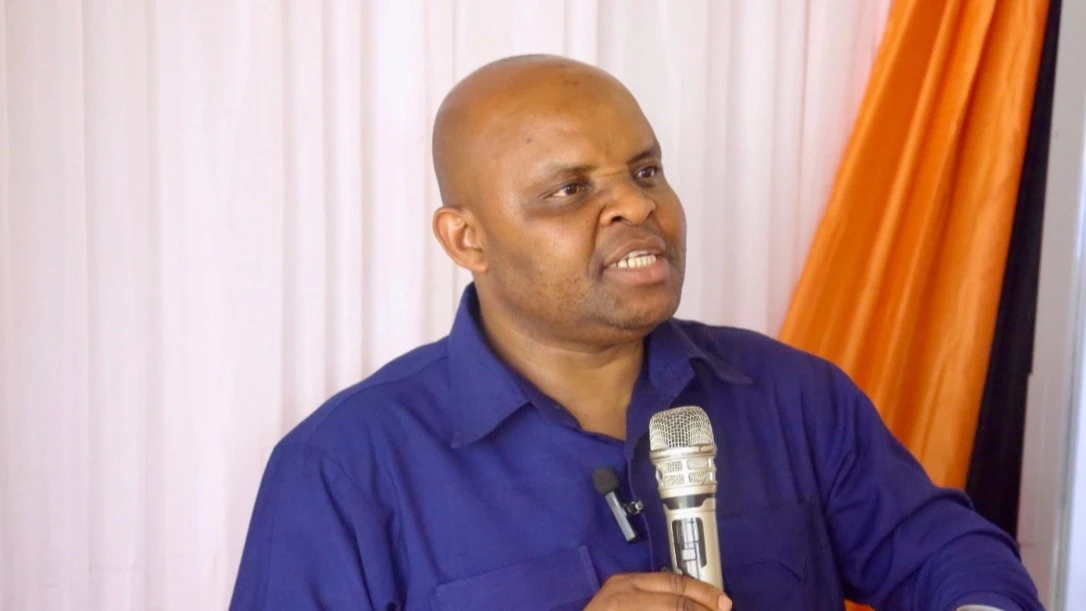
DEPUTY Minister in the Office of the Vice President (Union and Environment), Khamis Hamza Khamis, has urged Tanzanians to fully support the government’s commitment to promoting the use of clean and environmentally friendly cooking energy as a critical measure to protect the environment and public health.
He made the call on Wednesday during his visit to exhibition stalls at the ongoing World Environment Day celebrations held at the Jakaya Kikwete Conference Hall grounds in Dodoma. The event brought together various government institutions, private sector partners and environment stakeholders to showcase innovations and policies geared towards environmental sustainability.
Khamis clarified a common misconception among many Tanzanians that clean cooking energy refers only to liquefied petroleum gas (LPG). He emphasized that clean energy includes a wide range of technologies and fuels that are safe for human health and have minimal environmental impact. These include improved biomass stoves, electric cooking devices, biogas, ethanol-based fuels, and alternative charcoal made from agricultural or organic waste.
“Clean cooking energy is any form of energy that does not harm our environment or our health,” he said. “Smart stoves that use less electricity, gas installations and modern charcoal alternatives are all part of this effort. It’s not just about LPG—it’s about improving our way of life sustainably.”
He highlighted ongoing government initiatives to improve energy access and reduce dependency on firewood and traditional charcoal which are major contributors to deforestation and indoor air pollution. Among the efforts is the completion of the Mwalimu Julius Nyerere Hydropower Project which will significantly boost national electricity generation. The project and the expansion of rural electrification programmes enable more citizens to access affordable and reliable energy for domestic use.
Khamis also commended the National Service for leading by example, noting that it has begun installing gas infrastructure in its camps and shifting away from traditional biomass fuels. “This is a good demonstration of commitment to sustainable energy transition,” he said.
The deputy minister praised the collaborative efforts between the public and private sectors to promote clean energy and environmentally responsible practices. He specifically applauded initiatives to convert waste into usable products like organic fertilizer, which he said reflects innovation in environmental conservation and circular economy principles.
“These innovations not only help in managing waste but also create jobs and protect the environment,” he added.He emphasized that all the initiatives are aligned with the newly launched National Waste Management Strategy (2025–2030) which aims to improve solid waste handling, promote recycling and reduce pollution across the country.
The strategy was unveiled earlier this year by Prime Minister Kassim Majaliwa as part of Tanzania’s broader environmental reform agenda. Khamis called on the public, development partners and institutions to continue their support for government efforts and adopt sustainable practices in energy use, waste management and environmental protection.
Top Headlines
© 2025 IPPMEDIA.COM. ALL RIGHTS RESERVED








